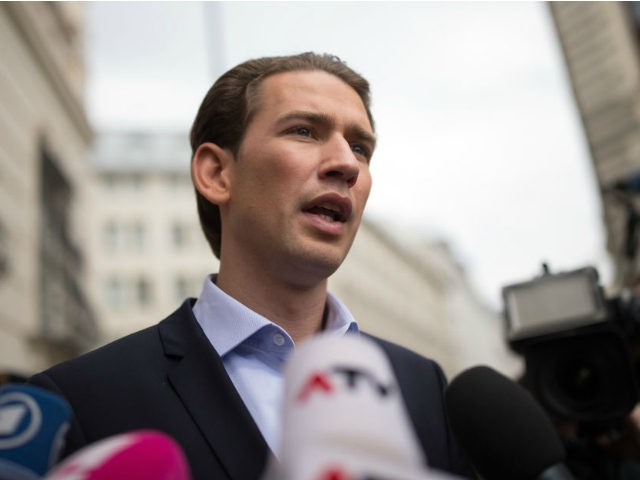Following the surprise resignation of former Vice Chancellor Reinhold Mitterlehner, the Austrian coalition government has called an early national election this Autumn.
The Austrian grand coalition of the Socialist Party (SPÖ) and Austrian People’s Party (ÖVP) now has an expiry date. The government, rocked by the shock resignation of former Vice Chancellor and ÖVP leader Reinhold Mitterlehner, has set 15 October for fresh national elections, Kurier reports.
The announcement was made Tuesday by Austrian Chancellor and SPÖ leader Christian Kern who agreed to make ÖVP Justice Minister Wolfgang Brandstetter the new vice chancellor.
Until October, new legislative proposals will be voted on by the entire chamber, rather than the coalition agreeing to proposals beforehand that they would be able to pass with their combined majority.
The new leader of the ÖVP, 30-year-old Foreign Minister Sebastian Kurz, has voiced opposition to the new legislative procedure saying he did not feel it was right for the coalition partners to vote against each other.
The leader of the anti-mass migration Freedom Party (FPÖ) Heinz-Christian Strache took to the podium in parliament to attack both the SPÖ and the ÖVP. Strache said the grand coalition had only consisted of “permanent strife, stillness and chaos”.
Strache slammed new ÖVP leader Sebastian Kurz calling him a “dropout who has never learned a profession and never worked in the private economy”.
The Austrian coalition government has faced several tough periods in the recent past. Earlier this year, the government almost collapsed due to the coalition partners being unable to agree on issues relating to banning the full-face Islamic veil and migrant integration legislation, leading to speculation of a Spring election.
A fresh election could benefit the anti-mass migration FPÖ as they have been the largest party in polls before Kurz became the leader of the ÖVP, pushing them into second place.
Austria, Research Affairs poll:
ÖVP-EPP: 35% ↑
FPÖ-ENF: 25%↓
SPÖ-S&D: 21% ↓
GRÜNE-G/EFA: 9%↑
NEOS-ALDE: 6% ↑#nrw18 #Kurz— Europe Elects (@EuropeElects) May 13, 2017
The FPÖ will likely campaign on similar issues as Norbert Hofer did in last year’s presidential election. Hofer ran on a platform that would be tougher on immigration, radical Islam, and Islamisation.
The former candidate also met with several other Central European leaders and expressed a desire to see Austria join the Visegrád group which currently consists of Poland, Hungary, Czech Republic, and Slovakia.
Earlier this year, the FPÖ visited Russia and signed a cooperation deal with Russian President Vladimir Putin’s party. Strache has offered to act as an intermediary to repair relations between Russia and the U.S. in order to relieve economic sanctions on Russia.
Follow Chris Tomlinson on Twitter at @TomlinsonCJ or email at ctomlinson@breitbart.com

COMMENTS
Please let us know if you're having issues with commenting.